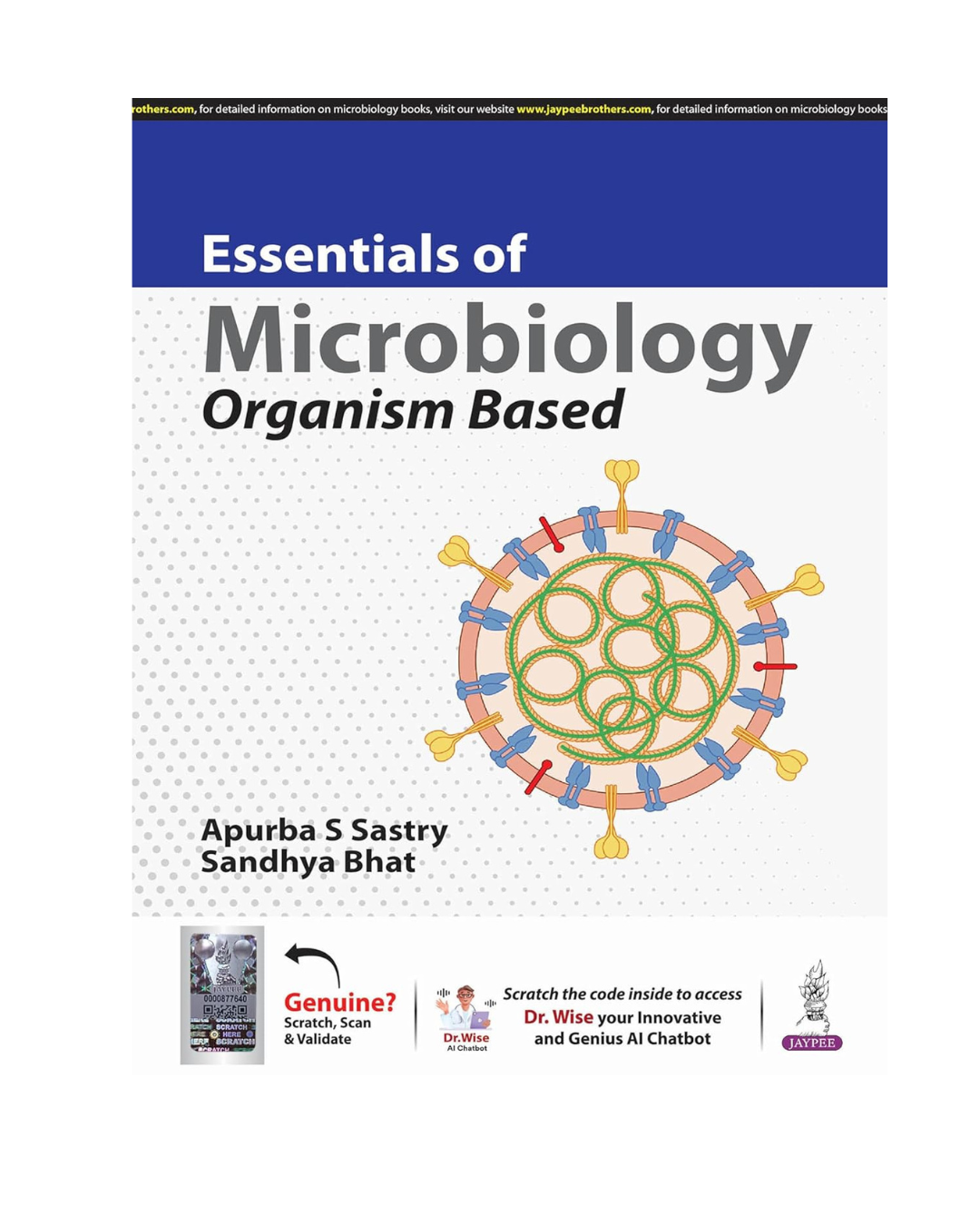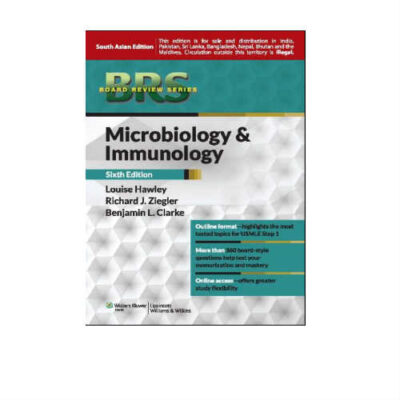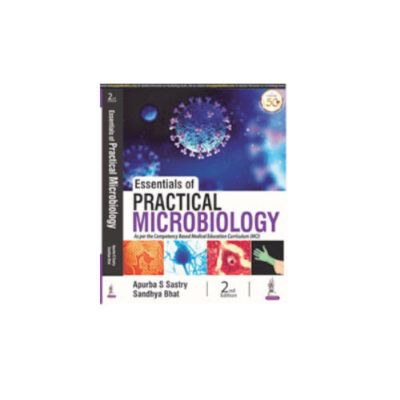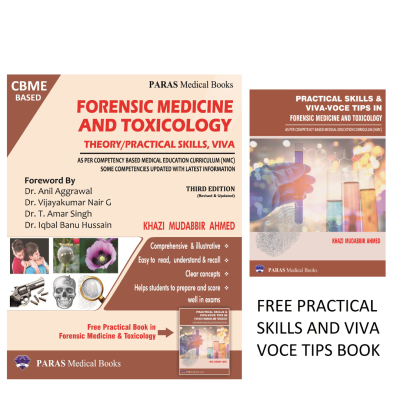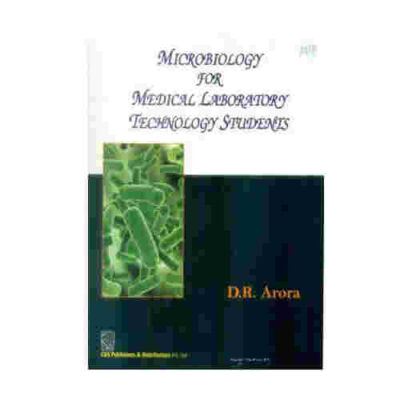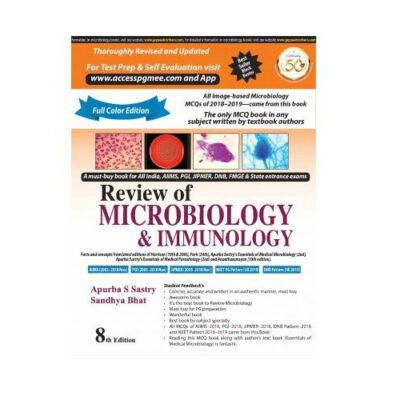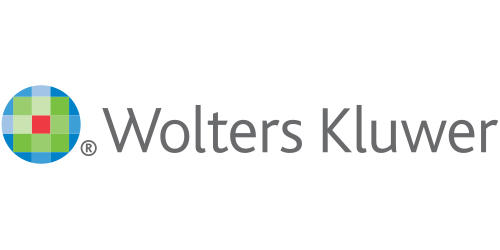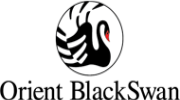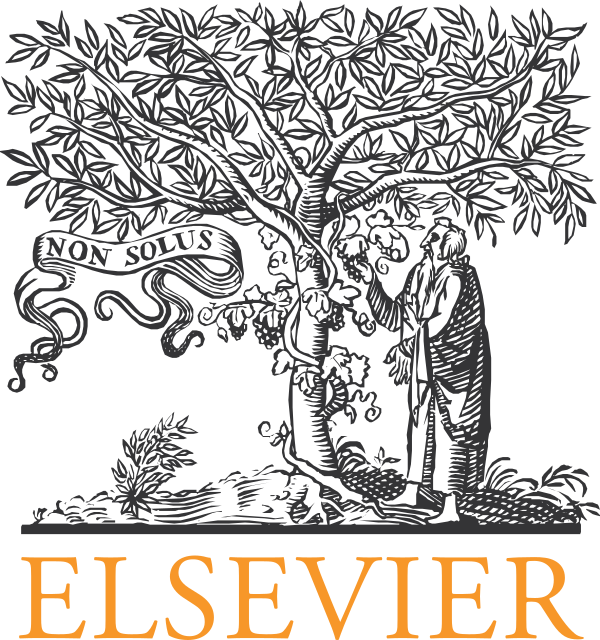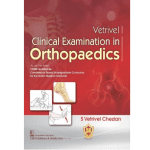

Essentials of Microbiology Organism 1/e 2024 by Apurba S Sastry
₹795.00 Original price was: ₹795.00.₹596.00Current price is: ₹596.00.
- Author : Apurba S Sastry, Sandhya Bhat
- Edition : 1st
- Year : 2024
- Publisher : Jaypee Brothers Medical Publishers Pvt. Ltd.
- Language : English
- Paperback : 408 pages
- ISBN-13 : 9789356968486
- Dimensions : 21.59 x 2.13 x 27.91 cm
- Condition : New


Trustindex verifies that the original source of the review is Google. NicePosted onTrustindex verifies that the original source of the review is Google. Medical books and accessories at affordable and discounted pricePosted onTrustindex verifies that the original source of the review is Google. GoodPosted onTrustindex verifies that the original source of the review is Google. Has all the medical equipments
This book covers syllabus of several courses such as BScMLT (Bachelor’s Degree in Medical Lab Technology) and other Allied Health Science Courses, BPT (Bachelor of Physiotherapy) and AYUSH courses—BAMS (Bachelor of Ayurvedic Medicine and Surgery), BHMS (Bachelor of Homeopathic Medicine and Surgery), BUMS (Bachelor of Unani Medicine and Surgery), BNYS (Bachelor of Naturopathy and Yoga Science) and BSMS (Bachelor of Siddha Medicine and Surgery), with an Organism based approach in microbiology.
Approach: Microbiology written in an organism-based approach—Bacteriology, Virology, Parasitology, and Mycology covered separately. Approach: Microbiology written in an organism-based approach—Bacteriology, Virology, Parasitology, and Mycology covered separately.
Section 1: General Microbiology section is meticulously structured with the inclusion of general bacteriology, divided into several subchapters.
Section 2: Immunology section covers topics such as immunity, antigen, antibody, complement, Ag-Ab reactions, immune system, immune response, hypersensitivity, autoimmunity, immunodeficiency disorders, immunoprophylaxis, and immunohematology.
Section 3: Hospital Infection Control section comprises topics such as HAI, standard and transmission-based precautions, sterilization and disinfection, biomedical waste management (BMW), needle stick injury, environmental surveillance, and antimicrobial stewardship.
Section 4: Systematic Bacteriology section covers topics such as gram-positive cocci, gram-negative cocci, gram-positive bacilli, anaerobes, mycobacteria, gram-negative bacilli, Spirochetes, Rickettsiae, Chlamydiae, and Mycoplasma.
Section 5: Virology section covers topics related to as DNA viruses and RNA viruses. COVID-19, the most catastrophic disease of today’s date, has been addressed as a completely new chapter covering in detail.
Section 6: Parasitol
| Weight | 1 kg |
|---|
We ship your books within 24 hours of placing an order. We take extra care to ensure your books are carefully checked for damages or missing pages before they are packed. You will receive routine SMS updates about the status and location of your package. In the event that these messages do not reach you, please feel free to reach out to us via the WhatsApp button on the lower-left corner of your screen and we will gladly share the tracking details with you.
Books once dispatched should reach you in 3 to 4 working days.
Oh and one last thing! .......Thank you for shopping at Prithvi :)

